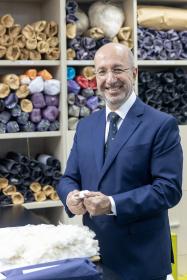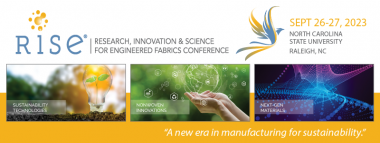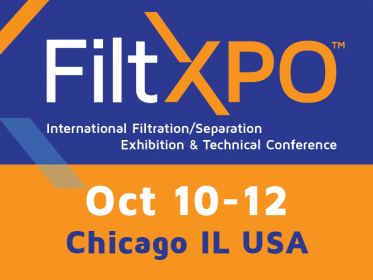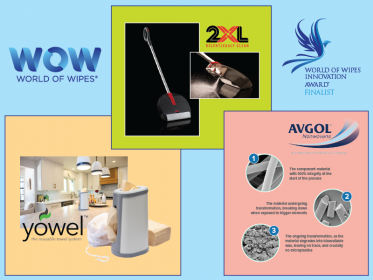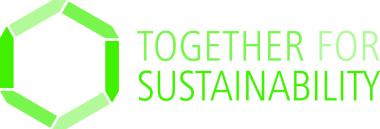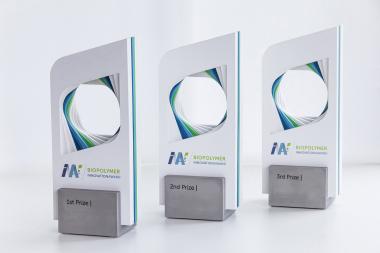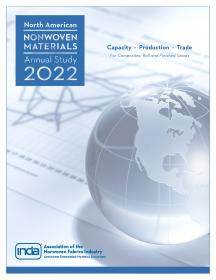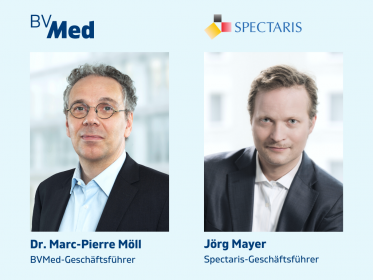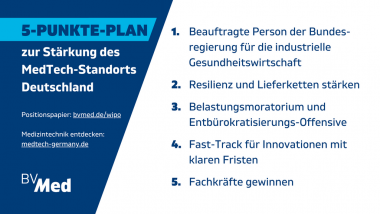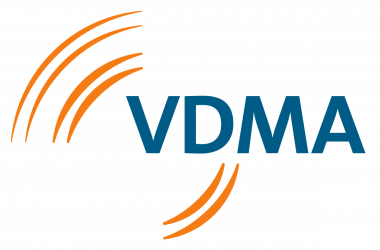Bremer Baumwollbörse: Jean-Paul Haessig neuer Präsident
Der Vorstand der Bremer Baumwollbörse hat auf seiner Generalversammlung am 29. Juni Jean-Paul Haessig (61) für die nächsten zwei Jahre zum Präsidenten des Verbandes gewählt. Haessig ist Direktor des in Ho-Chi-Minh-Stadt, Vietnam und Singapur ansässigen Handelsunternehmens Asian Cotton Traders PTE Ltd. Er löst die bisherige Präsidentin Stephanie Silber (43), Geschäftsführerin der Otto Stadtlander GmbH, Bremen ab, die als Vizepräsidentin Mitglied des Präsidiums bleibt.
Weiter im Präsidium vertreten sind die bisherigen Vizepräsidenten Jens D. Lukaczik (57), geschäftsführender Gesellschafter des Serviceunternehmens Cargo Control Germany GmbH & Co. KG in Bremen und Fritz A. Grobien (65), geschäftsführender Gesellschafter der Albrecht, Müller-Pearse & Co. Trade (GmbH & Co.) KG, Bremen.
Wie üblich fanden während der Generalversammlung auch Neuwahlen des Vorstandes statt. Hannes Drolle, Getzner Textil AG, Bludenz/Österreich und Axel Trede, Cotton Service International GmbH, Bremen, schieden turnusgemäß aus dem Vorstand aus und wurden neu in das Gremium gewählt.
Weitere Mitglieder im Vorstand sind Ernst Grimmelt, geschäftsführender Gesellschafter, Velener Textil GmbH, Henning Hammer, Otto Stadtlander GmbH, in Shanghai verantwortlich für das Asiengeschäft, Jan Kettelhack, Hch. Kettelhack GmbH + Co. KG, Dr. Uwe Mazura, Hauptgeschäftsführer des Gesamtverbandes der deutschen Textil- und Modeindustrie, Konrad Schröer, Setex-Textil-GmbH, Peter Spoerry, Spoerry 1886 AG, und Roland Stelzer, Gebr. Elmer & Zweifel GmbH & Co. KG. Peter Spoerry vertritt zudem die Schweizer Textilindustrie. Als beratendes Mitglied ist Manfred Kern als Repräsentant der Vereinigung Textilindustrie Österreich im Vorstand vertreten.
Die Bremer Baumwollbörse bildet über Vorstand und Präsidium verschiedene Bereiche der Baumwollbeschaffungskette wie Handel, Verarbeitung und Dienstleistung ab, um dem Rohstoffverband Zugang zu einem umfassenden Netzwerk sowie globalen Informationsressourcen innerhalb des weltweiten Baumwollsektors und in der Textilindustrie zu ermöglichen.
Bremer Baumwollbörse


